FOR IMMEDIATE RELEASE
Contact:
Dave Baer, Portland Police Bureau, Central Bike Squad, 503-545-3382
Greg Robeson, Mental Health & Addiction Association of Oregon, 503-539-6640
Devon Downeysmith, Health Justice Recovery Alliance, 503-866-3508
Pilot Program Gives Portland Police New Tools for Mitigating Public Drug Use, Connecting People Living Outside with Vital Addiction Services
PORTLAND, OR – Measure 110-funded addiction service providers the Mental Health & Addiction Association of Oregon (MHAAO), RecoveryWorks NW, Northwest Instituto Latino (NWIL), the Portland Police Central NRT Bike Squad, and the Health Justice Recovery Alliance have kicked off a new pilot project as part of a joint effort to connect people living outside with vital addiction recovery and mental health services. The goal of the “Provider-Police Joint Connection Project” is to give police a new tool to help reduce public drug use and connect people with vital interventions and supports like detox, basic needs referrals, addiction treatment, mental health and medical care, and other supports.
For the pilot project, MHAAO provided the Portland Police Central NRT Bike Squad with a hotline number that, when contacted, would deploy immediate peer support specialists to join law enforcement in their encounters with drug impacted people in the street. All parties are incorporating lessons from the December 13th event into future pilot events with the eventual goal of launching a permanent program that will connect more people with care and reduce public drug use without the fear of arrest.
The pilot project ran yesterday, December 13th, from 10:00am to 7:30pm. It involved four Portland Police Bureau officers, eight troopers from Oregon State Police, and 16 outreach workers from MHAAO, NWIL, and RecoveryWorks NW.
During this one day shift 17 people agreed to be connected to an outreach worker, out of 67 total encounters with law enforcement that occurred that day in Portland’s Old Town and North Park Blocks.
“These are promising results for the first day, with successes we can build upon to make this program stronger. This project creates an important new tool for law enforcement to help connect people with care and improve community safety,” says Janie Gullickson, Executive Director of the Mental Health & Addiction Association of Oregon. “We are tremendously excited about the possibilities of this kind of rapid deployment. People living outside with addictions have, for too long, faced extensive wait lists, outright rejection and other barriers when attempting to obtain treatment, and law enforcement shouldn’t be put in the position of continually having to serve as social workers. This pilot program points to a new way forward to address the addiction crisis, save lives, and get people off of the streets and into services.”
Participants of the pilot project agreed that trust and communication between law enforcement and providers is of the utmost importance, and that such a partnership will be more effective than the days before Measure 110 when people were taken to jail and immediately released, and an improvement over the current Measure 110 citation system that simply gives people cited a phone number to call for help. While public health data shows that most individuals utilizing Measure 110 services do so by going directly to providers, similar programs that exist elsewhere — like CAHOOTS in Eugene — demonstrate that when police are facing public drug use, having an immediate way to connect people with services is demonstrably more effective than issuing a citation alone.
“The Portland Police want access to effective interventions for people struggling on the street. We are not addiction specialists, and we look forward to this continued partnership that will help us improve community safety and liveability in downtown Portland,” says Officer David Baer of the Portland Police Central NRT Bike Squad.
The one-day event also highlighted the falsity and ineffectiveness of a criminal approach, especially when it comes to fentanyl addiction:
“We need more real-time, rapid response services for community members struggling with addiction,” says Tera Hurst, Executive Director of the Health Justice Recovery Alliance, an advocacy group that represents Measure 110 providers across the state. “For far too long, this has been a 24/7 crisis with, at best, a 9-5 response. We’re calling on elected leaders to quickly deploy funds and invest in on-demand treatment services across the continuum of care, from street outreach programs like this one and stabilization to detox and recovery housing. We need our leaders to make it easier for law enforcement and peers to partner; in doing so we’ll connect more people with services, save lives, and reduce public drug use.”
More pilot days will be executed in the coming weeks with the goal of launching a more permanent program in the coming year.
